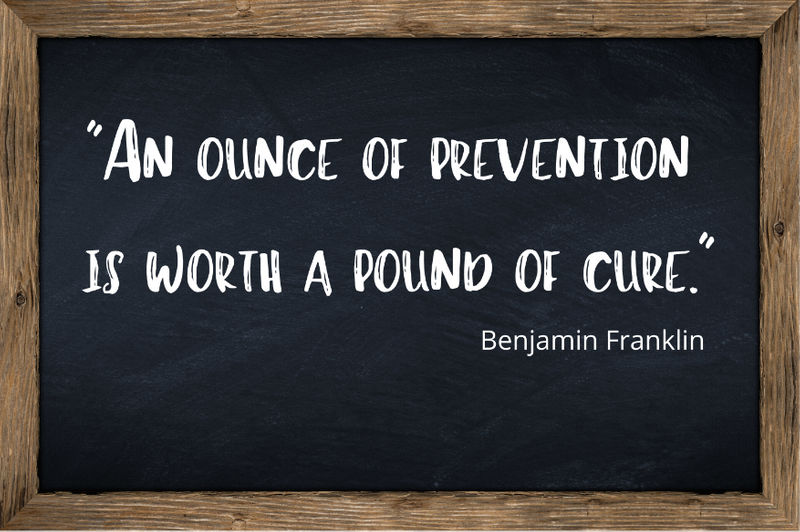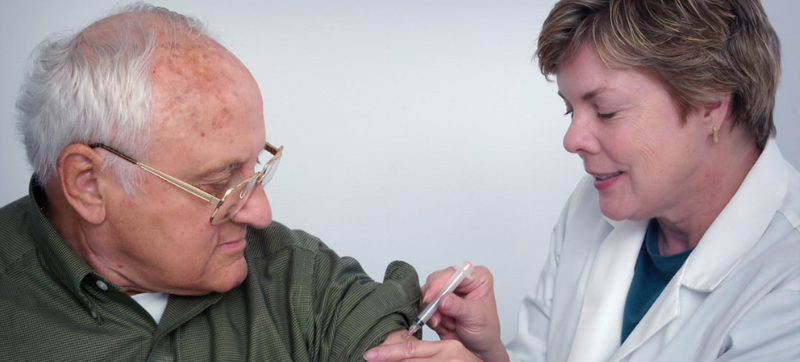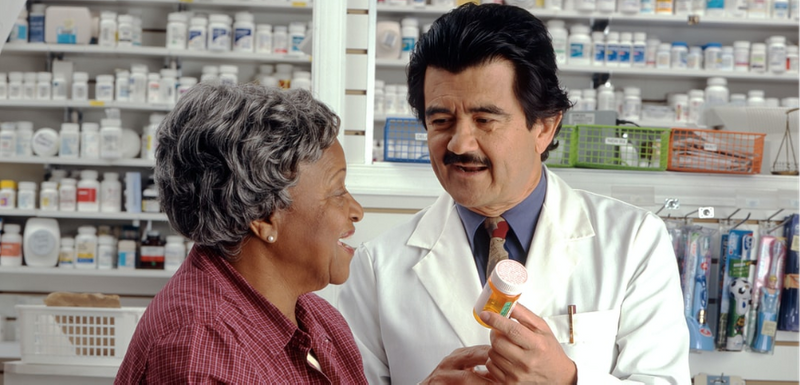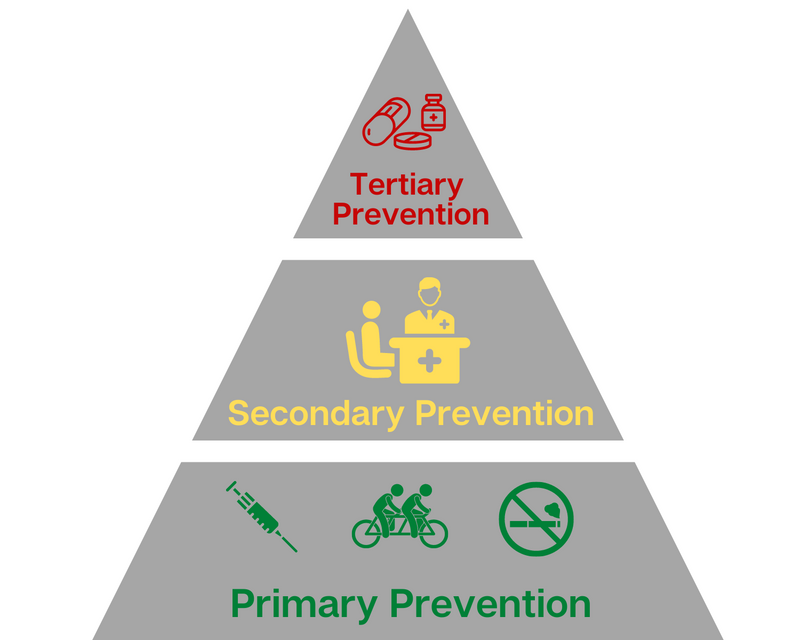
You may be familiar with this saying, which implies that it is better to take precautions early on than deal with the consequences of something later.
When it comes to your health, there are three levels of prevention: Primary, Secondary, and Tertiary . Let's explore them further!
Primary Prevention
Primary prevention is focused on intervening before disease occurs with the goal of preventing individuals from ever developing a disease. These are things that you can do to help prevent a disease from developing.

Target Population: An entire population, includinghealthy individuals.
Examples
Immunizations to prevent infectious illnesses, such as the flu.
Engaging in healthy habits, such as being physically active and choosing nutritious foods.
Policies, programs, and messages that encourage healthy behaviors (e.g. community bike paths) and discourage unhealthy practices (e,g, smoking).
Quiz
Which on the following is an example of primary prevention?
Secondary Prevention
Secondary prevention involves early detection and treatment of a disease to prevent or delay progression.

Target Population: Individuals at higher risk for a disease.
Examples
Early screenings for certain diseases, such as mammograms or colonoscopies.
A nutrition program for those at high risk for heart disease.
A diabetes prevention course for those at risk of developing diabetes.
Quiz
Which of the following is an example of secondary prevention?
Tertiary Prevention
Tertiary prevention aims to reduce the severity of a disease after it has developed and improve the quality of life of individuals with a disease.

Target Population: Individuals with a disease.
Examples
Rehabilitation programs, such as an exercise program for heart attack survivors.
Support groups for individuals to share their experiences and offer advice.
Medication, like to lower the blood sugar of those with diabetes.
Quiz
Which of the following is an example of tertiary prevention?
Levels Of Prevention In Action
Ischemic heart disease, also called coronary heart disease, is the leading cause of death worldwide. Below is one example from each level of prevention related to heart disease. Can you think of more examples for each level?
Primary Prevention
Engaging in physical activity on a regular basis.
Secondary Prevention
Medication to reduce blood pressure because high blood pressure can lead to heart disease.
Tertiary Prevention
Insertion of a pacemaker after a heart attack.
Quiz
At which level of prevention do you have most control over your health?
Take Action

Remember that quote from the beginning? "An ounce of prevention is worth a pound of cure."
What is one thing you can do today (an ounce of effort) that can help prevent disease in your future?
Take charge of your own health! Add some movement into your daily routine and balance out your meals with nutrient-rich foods.
Your feedback matters to us.
This Byte helped me better understand the topic.
